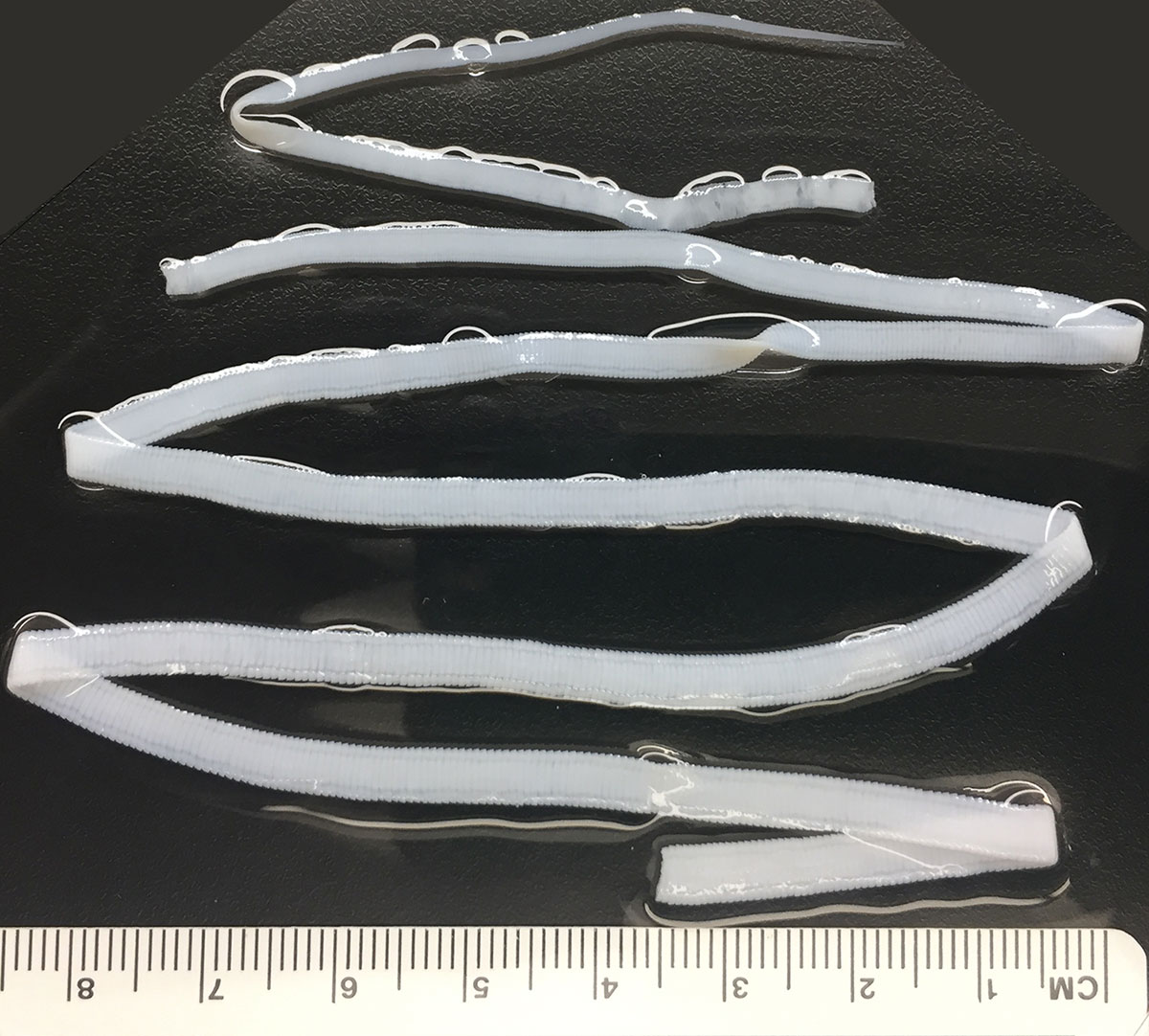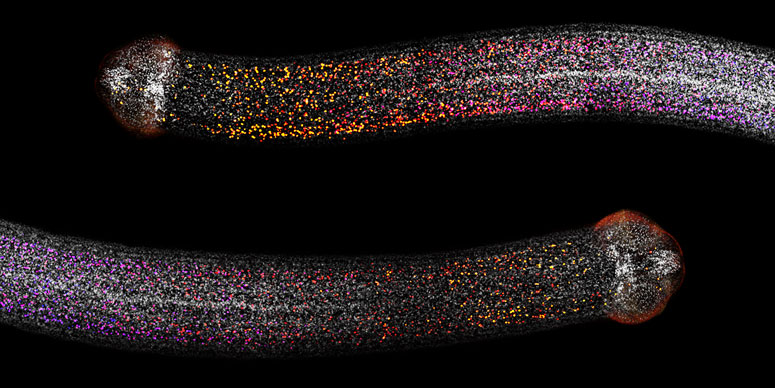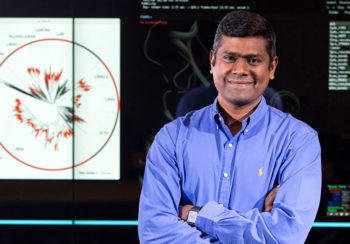University of Georgia faculty member Tania Rozario has received a $2 million grant from the National Institutes of Health Director’s New Innovator Award Program, which supports early-career investigators of exceptional creativity who propose high-risk, high-reward research projects.
Rozario is an assistant professor with a joint appointment in the Franklin College of Arts and Sciences Department of Genetics and the Center for Tropical and Emerging Global Diseases.
Among the study of tropical diseases worldwide—and particularly among the parasites that cause disease—worms are a largely neglected disease agent, despite being a source of widespread problems that affect both health and economic output. Even within the study of worms, parasitic flatworms like tapeworms represent an understudied group. However, free-living flatworms like planarians are the focus of significant research because of the organism’s dynamic regenerative capacity, which presents intriguing parallels to their parasitic cousins.
Planarian flatworms cut in two will make two new worms, and cut into 10 pieces will result in 10 worms. They are the Ferrari of regenerators, according to Rozario.
“As part of its normal life cycle, a tapeworm sheds large parts of its body and then regrows this lost tissue,” Rozario said. “It has this natural regenerative-like ability, which is very promising from a basic biology standpoint, to understand how stem cells and regeneration functions in these worms.”
Taking advantage of both extensive past research and the much more sophisticated tools of today, Rozario envisions a melding of developmental biology with parasitology as a new approach to understand the parasite. She is using the rat tapeworm, Hymenolepis diminuta, to re-establish a model organism that had been a favorite model among parasitologists in the early-mid 20th century but was left behind by the molecular biology revolution.

“One of the major drivers is trying to understand the diversity of the stem cell milieu in these tapeworms,” Rozario said. “We’ll try to parse out the interaction between the diversity of stem cells present and the local signals that then allow the worms to regenerate and make thousands of segments. These interactions are likely crucial for development of both female and male reproductive structures, which exist in each segment of the animal.”
“Dr. Rozario brings a new and exciting area of research to UGA, and her enthusiasm for her research is phenomenal,” said Nancy Manley, Distinguished Research Professor and department head for genetics. “Her success in getting this prestigious award speaks to her talent and the quality of her science. We are enthusiastic to have her as our newest colleague.”
“I am excited that Dr. Rozario has joined us at UGA,” said Dennis Kyle, GRA Eminent Scholar in antiparasitic drug discovery and director of the Center for Tropical and Emerging Global Diseases. “Her pioneering work is ushering in a new era whereby tapeworms can serve as model organisms. The prestigious NIH Director’s Pioneer Award is evidence of the creative approach she is undertaking to better understand these interesting parasites.”
“It’s important that we study the monsters in our midst so that we can learn from organisms in our environment that have these really out-there, unique physiological capabilities,” Rozario said. “We can learn about how they have evolved strategies to thrive in their specific niche, but they can also teach us something more fundamental about biology that could be broadly applicable.”







